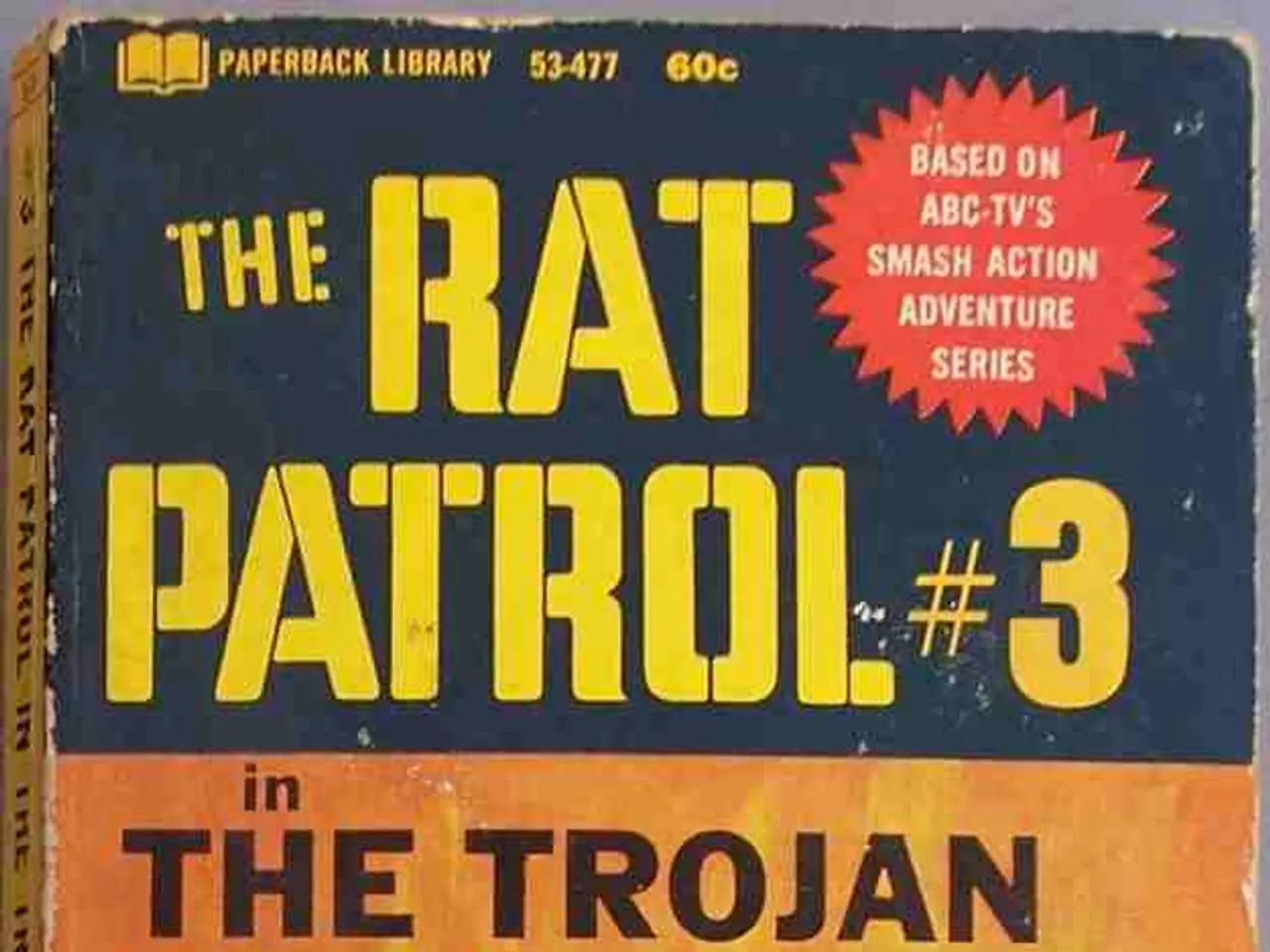Persistent Trauma from Warturns Compassionate Father into Distant Stranger After 80 Years
The psychological effects of World War II on former Imperial Japanese servicemen and their families have been profound and long-lasting, according to a recent survey by the Japanese government. Many veterans developed post-traumatic stress disorder (PTSD) and related mental health conditions due to their battlefield experiences, leading to significant changes in their behavior and emotional engagement.
In the account of Akio Kuroi, the son of a former Japanese army soldier named Keijiro, his father was described as lethargic and like an "empty shell" after the war. This generational impact has motivated the Japanese government to conduct its first-ever comprehensive survey into the realities faced by these veterans and their families, with findings expected to be released by March of the current fiscal year.
The psychological wounds of war, often referred to as "war trauma," can significantly impact a person's behavior and emotional state. The trauma experienced by Japanese veterans manifests not only as clinical symptoms like PTSD, but also as long-term disruptions in veterans' relationships and emotional well-being, which significantly affected family dynamics and social functioning.
The survey incorporated medical records and memoirs from military physicians to better understand these psychological wounds, which had been historically neglected or dismissed. The findings align with international recognition of long-lasting war trauma effects on veterans and their families, such as among Vietnam War veterans in the U.S., underlining the universal nature of war trauma’s effects on mental health.
Recent advanced studies using dynamic symptom network analysis on Japanese Self-Defense Force members suggest that PTSD symptoms like avoidance and dissociation evolve over time and interact in complex ways, offering insights that could improve early diagnosis and intervention strategies for trauma-affected individuals.
The Japanese government's survey aims to shed light on the experiences and challenges faced by the families of former Japanese servicemen, a growing number of whom are sharing their experiences. Keijiro Kuroi, a case example, passed away in 1990 at the age of 77, but his story continues to underscore the enduring psychological cost of war on veterans and their families in Japan, which persists even 80 years after the conflict ended.
In August 2023, the psychological effects of World War II on former Imperial Japanese servicemen are being reexamined, highlighting their ongoing impact on the lives and families of these veterans.
Photos of veterans who served during World War II and their families are now being shared more frequently, providing a visual representation of the generational impact of the war. These images serve as a stark reminder of the psychological wounds that war inflicts, often lasting for decades.
The survey conducted by the Japanese government also investigated the health-and-wellness and mental-health aspects of the veterans, emphasizing the importance of understanding and addressing long-term effects of war trauma.
Experts believe that early diagnosis and intervention strategies for trauma-affected individuals could be improved via dynamic symptom network analysis, as shown in recent studies on the Japanese Self-Defense Force.
In an effort to promote awareness and foster empathy, the findings from the Japanese government's survey are expected to be discussed extensively in the general-news and politics, potentially inciting meaningful discussions about war-and-conflicts and their long-term consequences on mental health.




